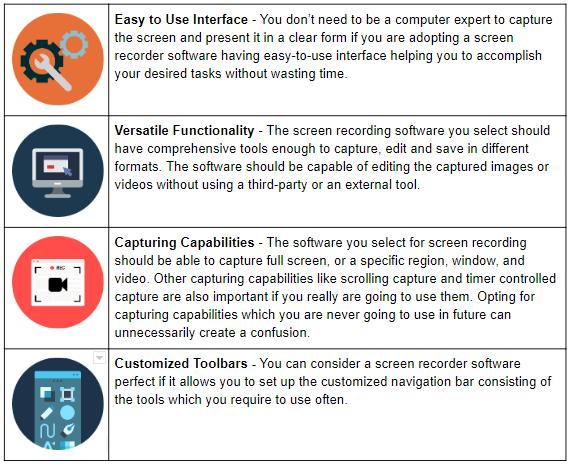

"The vast majority of young people are growing up in Latin America, Africa, Asia, and Oceania, but most research on these issues has been biased toward the U.S.

Moreover, it is among the first to document the impact of social media use on the mental health of adolescents during the pandemic in the "global south," a term used for world regions outside of Europe and the United States. The study is part of a broader long-term effort led by Magis-Weinberg and UC Berkeley public health professor and paediatrician Ronald Dahl to collaborate with educators at a network of 65 schools in Peru and Mexico to promote digital citizenship and healthy technology use among more than 15,000 adolescents. "The results show that using social media to actively connect with friends and family and find support - instead of just scrolling endlessly through Instagram and comparing oneself to others and feeling excluded - can have a positive impact on well-being," Maris-Weinberg said.

As for their mental health outlook, the students reported more positive than negative online interactions, especially with regard to discussing problems and getting helpful feedback via WhatsApp, the most popular messaging platform in Peru, among other social media platforms.ĭata from 735 of the students surveyed were ultimately used for the study. For boys, the most popular online activities were playing video games and watching videos. For most of the students, smartphones were the preferred device for connecting to non-educational online activities, followed by laptops and then video game consoles.įor girls, social media, messaging apps, and YouTube videos were the most popular online pastimes. They also completed separate questionnaires on which electronic devices they used, their social media preferences, their loneliness levels, and their general well-being. On a scale of 1 (never) to 5 (frequently), the students rated to what extent they agreed with such statements as, "I feel valued by people in my social media," "People in my social media give me advice," "People in my social media make me feel like I do not belong," and "People in my social media treat me badly." Only one family member at a time could leave for approved errands, and young people were mostly isolated indoors.įor six weeks, the researchers surveyed thousands of students between the ages of 11 and 17 to understand their online behaviours and relationships under socially isolated conditions and to assess how these factors related to their moods and their sense of belonging. The study was launched in April 2020, when Peru entered a strict COVID-19 lockdown that confined tens of millions of residents to their homes. This is especially true when teenagers have no other option but to connect with their friends online," Magis-Weinberg said. But our findings provide more nuance and show that, when used positively, online interactions are actually associated with less loneliness. "There has been this negative discourse about screen time causing loneliness and depression. The findings challenge a common assumption that pandemic distancing measures, combined with excessive social media use, are a recipe for a loneliness epidemic. "In light of this, teachers and parents might want to focus more on promoting positive online experiences for youth rather than limiting screen time," she added. "Our findings support our hypothesis that how you spend your time on screens, and not how much time you spend online, is the best predictor of loneliness and well-being," said study lead author Dr Lucia Magis-Weinberg, a developmental scientist with UC Berkeley's Institute of Human Development. Overall, teens in the study who found support online - such as chatting with friends and relatives via WhatsApp or joining multiplayer online video games - reported less loneliness. The study has been published in the 'Journal of Research on Adolescence'. Image Credit: ANIĪ new research has found that the problem is not the number of hours teenagers spent online during the lockdown, but the quality of their online interactions.


 0 kommentar(er)
0 kommentar(er)
